 The new edition of the course “Innovative game-based tools for working with adults with elements of intercultural learning” took place in Tenerife from 07/05/2023 to 20/05/2023. The participants Lilianna, Karina, Maria, Ewa, Jolanta, Bożena, Krystyna, Anna, Marta, Anna came from Akademia Seniora in Bielsko-Biala, Poland. In a two-week course with seniors, their active and engaged participation surpassed expectations, often outshining other age groups. Their enthusiasm and commitment to the learning process created a vibrant environment where knowledge was shared, discussions were lively, and connections were formed. The seniors' eagerness to apply their new knowledge in real-life situations showcased their dedication to personal growth. In today's rapidly evolving educational landscape, new learners present us with unique challenges that require innovative approaches to engage and motivate them. Two strategies that have gained significant attention in recent years are Game-Based Learning and Gamification. These approaches offer exciting opportunities to revolutionize 21st-century education and meet the diverse needs of modern learners. To begin, it's important to understand the difference between Game-Based Learning and Gamification. Game-Based Learning involves integrating educational content into a game context, where learners actively participate, interact, and learn through gameplay. On the other hand, Gamification applies game elements and mechanics, such as points, badges, and leaderboards, to non-game contexts, creating a sense of competition, rewards, and motivation. By using game mechanics, educators can stimulate critical and creative thinking, encouraging learners to actively problem-solve, strategize, and engage with the learning materials in meaningful ways. Our society is becoming increasingly multicultural and diverse, presenting new challenges in all the fields. Understanding concepts of identity and culture is essential for creating inclusive and culturally sensitive learning environments. During the course participants emphasized the importance of cultivating empathy among learners and educators, as it plays a pivotal role in shaping human relationships and fostering a supportive and collaborative learning community. Furthermore, they steped beyond traditional classroom settings and discover the potential of Outdoor Game-Based Learning. By utilizing game-based mechanics, educators can create engaging outdoor activities that motivate learners to explore, discover, and apply knowledge in real-world contexts. This immersive experience enhances learning outcomes and encourages a deeper connection between education and the environment. In order to successfully implement Gamification, participants gained practical insights into upgrading existing activities by incorporating game elements and mechanisms, fostering a sense of motivation, competition, and collaboration among learners. |
Welcome to the ELA Blog. Here you will find articles and photos of our courses and have a look at the topics addressed during the week in Bologna, Palermo and Tenerife. You will also have the chance to take a peek at our projects and check out what we have been up to.
Archives
July 2024
Categories |
-
Course catalogue
- 2023-2024 course catalogue
- Soft Skills >
- ICT and New Technologies >
- Inclusion and Diversity >
-
Innovative Teaching Methods
>
- Innovative teaching methods discovery
- Non-formal education teaching methods
- Dual education and work-based learning
- Teaching leadership and entrepreneurship
- Project based learning
- Game based learning and gamification
- Green skills
- Outdoor education
- Outdoor education trekking edition
- Promoting creativity and critical thinking
- Languages and EU projects >
- Preschool >
- Erasmus Plus KA1
- What we do
- About us
- Locations
- Blog
- Contact us
 English
English български
български Čeština
Čeština Español
Español Français
Français ελληνικά
ελληνικά Italiano
Italiano Polski
Polski Português
Português Română
Română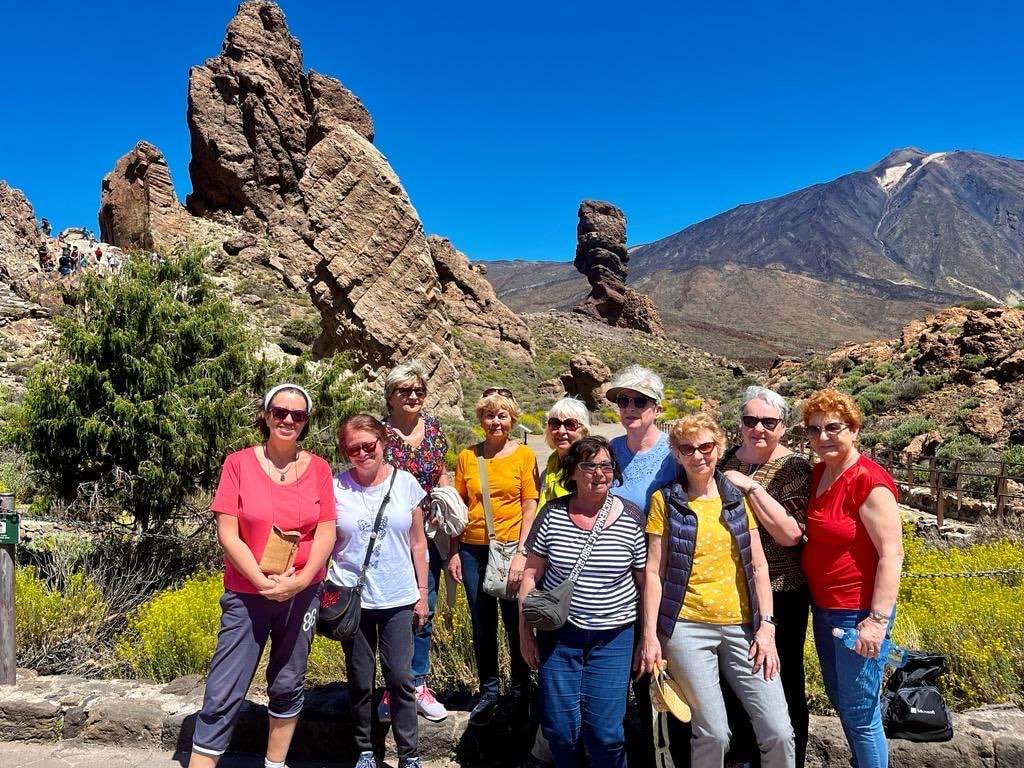
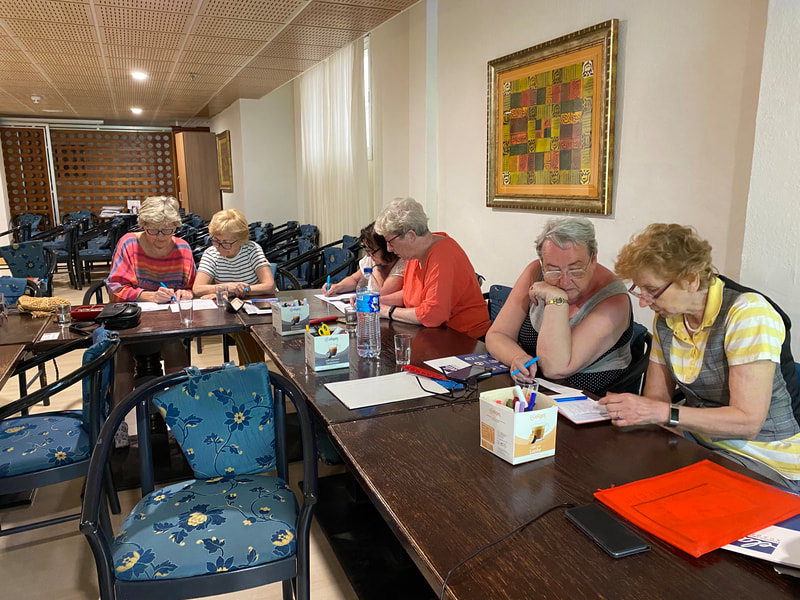
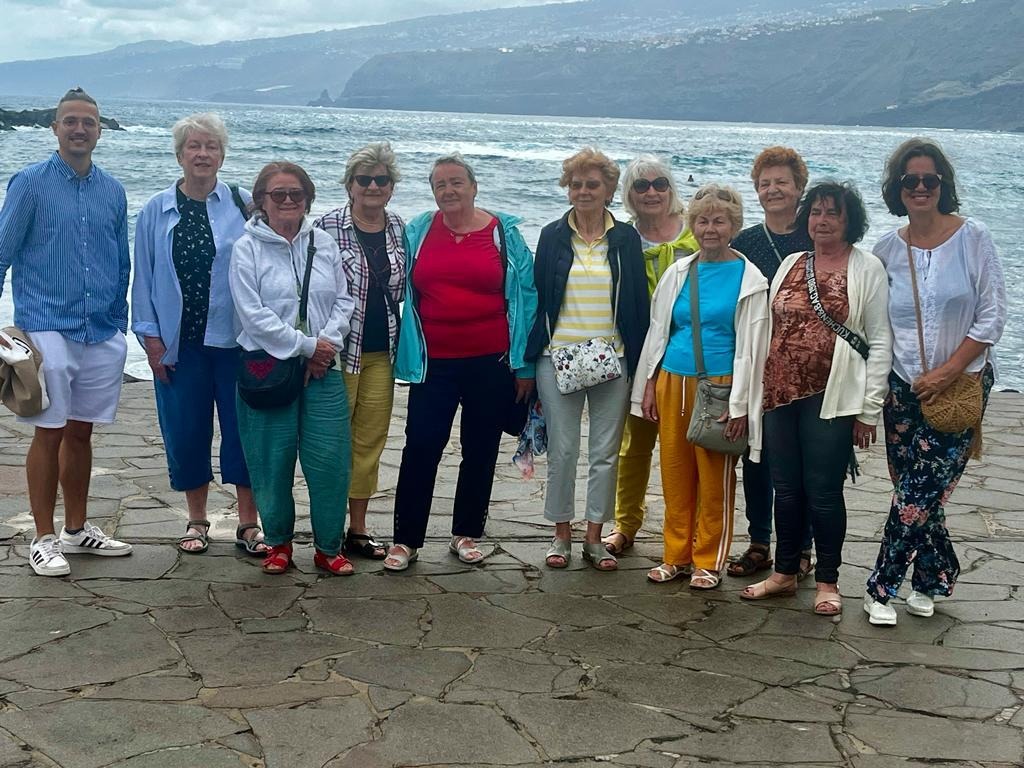
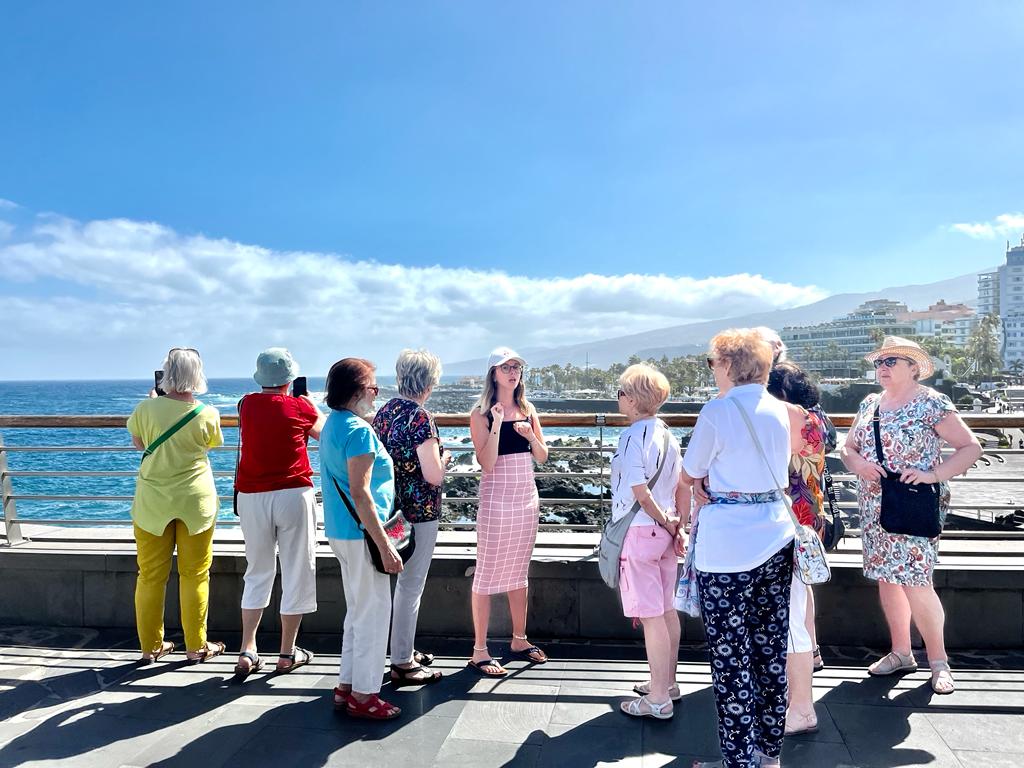
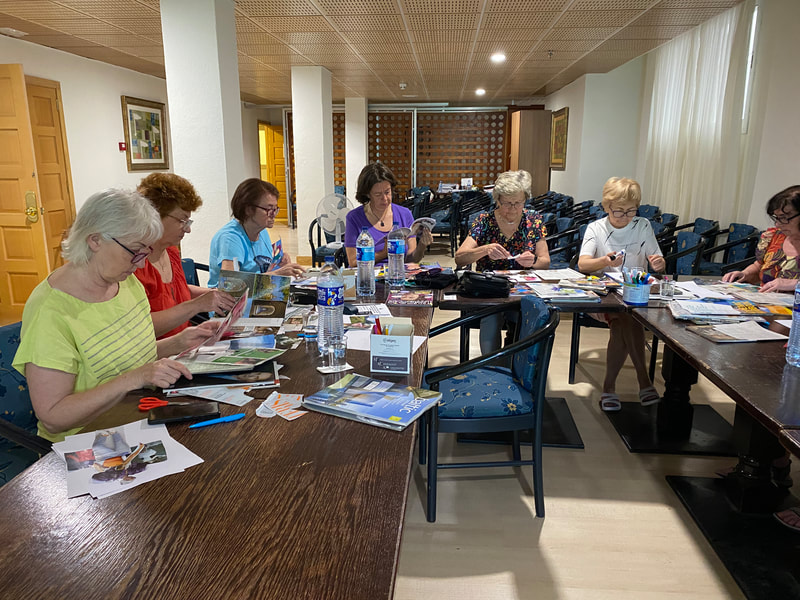
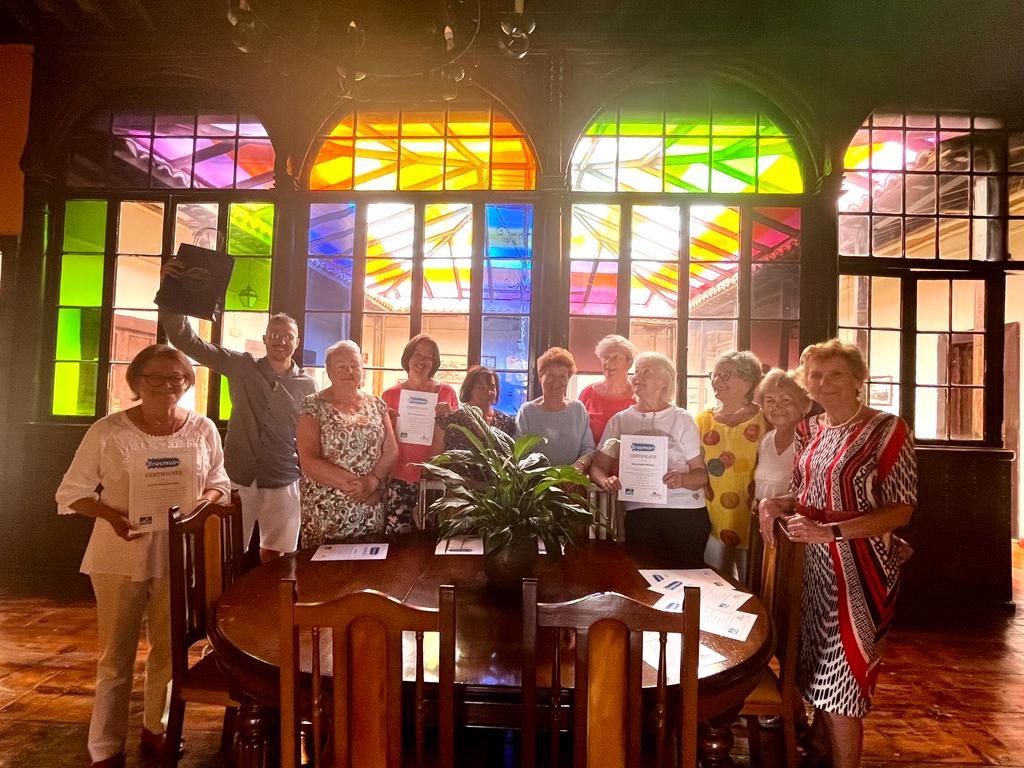
 RSS Feed
RSS Feed









